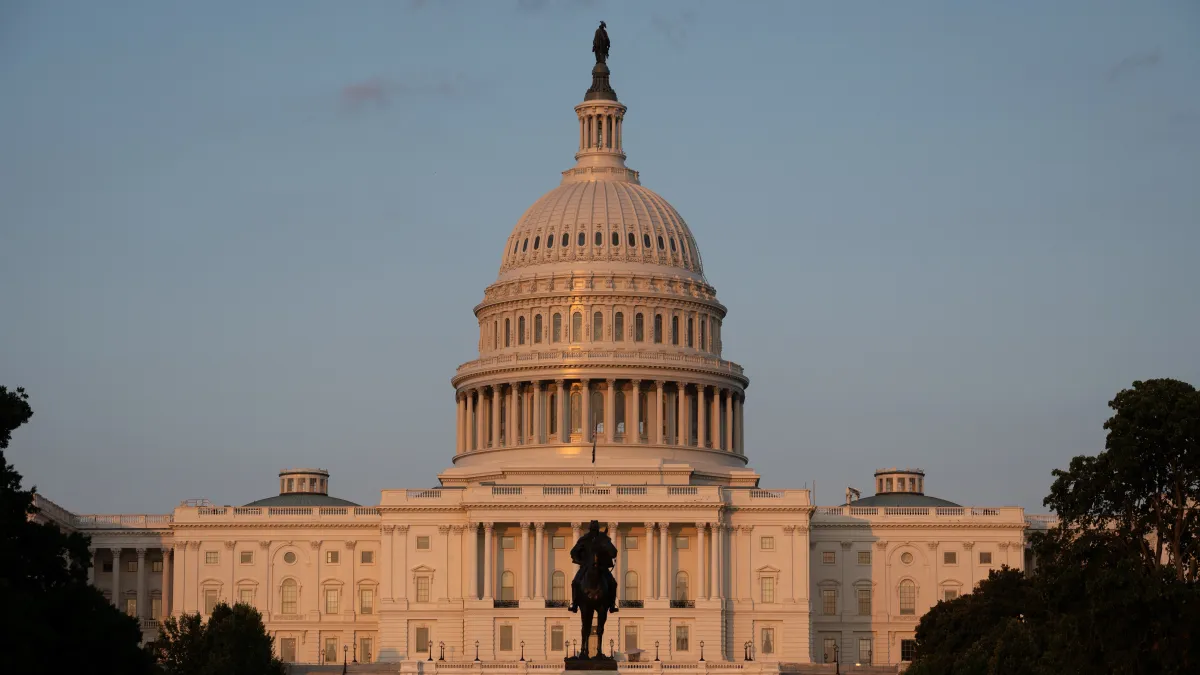
The national debt topped $37 trillion for the first time, the Treasury Department reported Tuesday, even as customs duties soared to $28 billion in July due to President Trump’s increased tariffs on trading partners around the world.
Compared to July a year ago, customs duties were $21 billion higher, a 273% increase. Nevertheless, the monthly budget deficit rose to $291 billion, a 19% increase compared to a year ago. Receipts for the month were up 2% to $338 billion, while outlays rose 10% to $630 billion, a record high for July.
Treasury said there were significant calendar differences between 2024 and 2025 (i.e., the number of weekdays), and without those anomalies, the relative increase in the deficit would have been a bit smaller.
Over the first 10 months of the fiscal year, which began in October 2024, the deficit was $1.63 trillion.
Debt climbing faster: Five years ago, the Congressional Budget Office estimated that the national debt wouldn’t hit the $37 trillion mark until after 2030, but the emergency spending during the Covid-19 pandemic greatly accelerated that timeline. A new round of tax cuts from Republicans this year will only speed the growth of the debt.
Trump and various White House officials have spoken about their intention to use tariff revenues to help reduce the debt, but even with the big jump in revenues recorded over the last few months, it’s unlikely that tariffs will do much to alter the trajectory of debt growth.
Wendy Edelberg of the Brookings Institution told the Associated Press that the new Republican tax bill signals “that we’re going to borrow a lot over the course of 2026, we’re going to borrow a lot over the course of 2027, and it’s just going to keep going.”